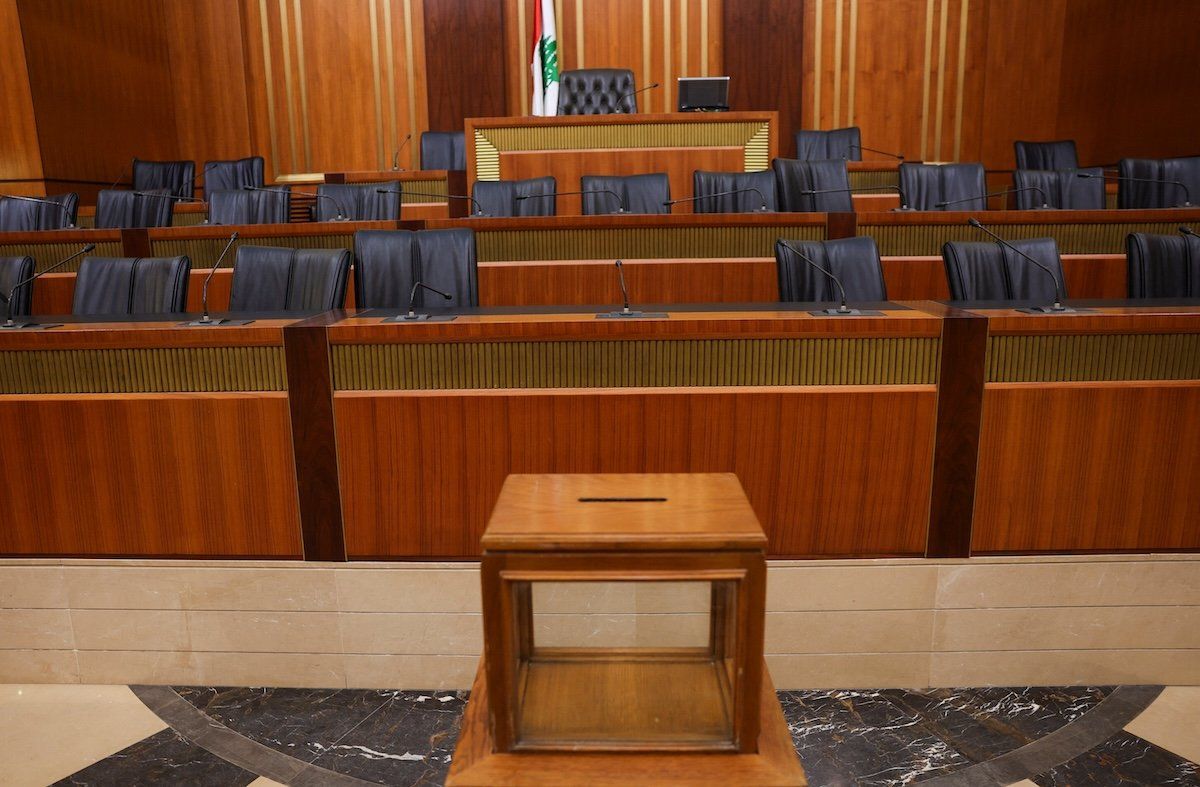Lebanon’s fractious parliament will try on Thursday to do something it has failed at a dozen times over the past two years: elect a president.
How it works: In Lebanon, parliament chooses the president. And by power-sharing tradition, the post is held by a Christian – the Prime Minister is Sunni, and the speaker of parliament is Shia.
The leading candidates: Army commander Joseph Aoun, former Finance Minister Jihad Azour, and state security boss Elias al-Baysari.
The backdrop: recent years have been brutal for Lebanon, crippled by economic crisis and ravaged by Israel’s pummeling of Hezbollah, long the most powerful military and political force in the country. The collapse of the meddlesome Assad regime in Syria adds to the sense of both uncertainty and possibility.
“The election provides a good opportunity to gauge Hezbollah’s power,” says Hani Sabra, founder of Alef Advisory, a region-focused consultancy. The group has repeatedly failed to get its own candidates into the post but could still block figures it doesn’t like.
The stakes: Lebanon badly needs foreign support to rebuild. But the US and other key foreign donors have conditioned aid on the election of a president and the formation of a stable government to replace the rickety caretaker committee that is currently in power. In addition, Sabra says, that would boost chances of renewing the 60-day Israel-Hezbollah ceasefire, which expires on Jan. 26.
After twelve failed attempts, Lebanon really needs a baker’s dozen to be the charm.
